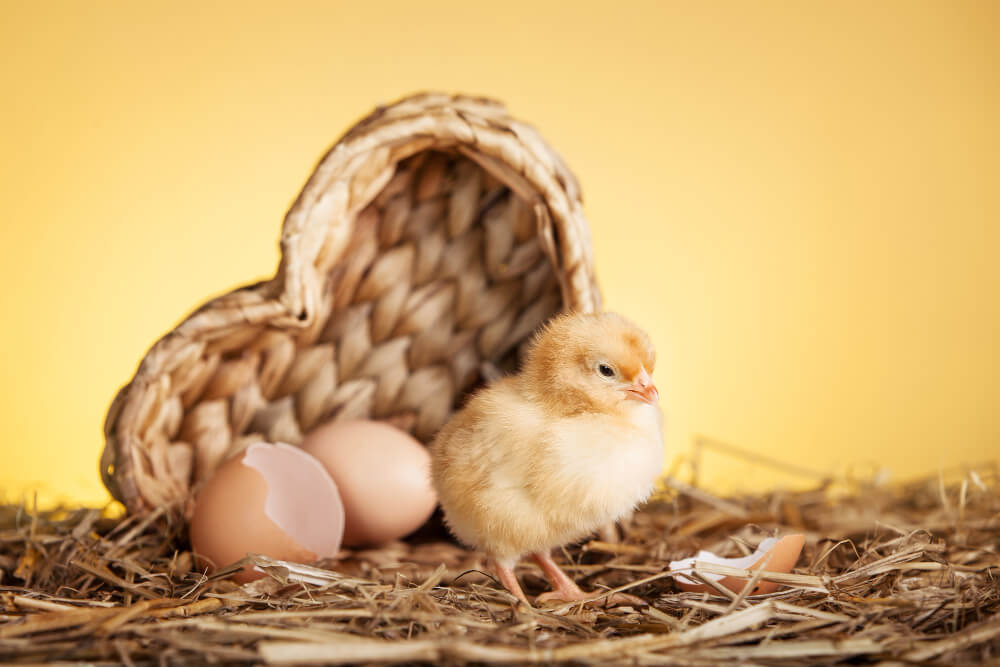
For a country where backyard coops and smallholdings feed towns and cities, organising the poultry sector is more than paperwork. It is about turning scattered effort into reliable supply, protecting livelihoods, and opening pathways for farmers to scale up with dignity. Lesotho is taking that step now with the formation of the Lesotho Poultry Industry Association, known as LePIA, a national body designed to give the sector a collective voice and a practical roadmap for growth.
A practical plan born from the ground up
The Ministry of Agriculture, Food Security, and Nutrition has been working with poultry farmers and partners to lay the practical foundations for LePIA. A draft framework is ready and sets out the association’s intended role in regulating production, promoting sustainable farming practices, and guiding structured growth across the industry. The framework is not a set of abstract rules. It is a playbook for everyday challenges farmers face, from disease management to reaching dependable markets.
An interim committee has been appointed to steer the association through its first three years. The committee brings together agricultural knowhow and business experience, with Kelebone Leisanyane as chairperson, Teboho Moekoa as vice chairperson, Rethabile Mokaeane as secretary, and Alida Matsa as deputy secretary. Their task is to build an association that works for farmers, traders and consumers.
What LePIA will tackle first
The list of priorities reads like the daily to do list of every poultry farmer. Biosecurity is at the top of the agenda. Outbreaks of disease can wipe out flocks overnight and close markets for weeks. By creating common standards and coordinated response plans LePIA can help reduce risk and stabilise supply.
Market access and product quality are next. Small producers often struggle to meet buyer specifications or access larger buyers beyond local markets. LePIA intends to create pathways for aggregation, certification and better quality control so farmers can sell more, and sell for fairer prices.
The association will also act as the bridge between farmers, businesses and regulators. That role matters because many of the sector’s problems are not technical. They are organisational. An organised sector can negotiate better input prices, attract private investment, and speak with one voice when shaping public policy.
Money, independence and shared responsibility
Officials are clear about one key principle. While the Ministry will support LePIA during its establishment, the association is expected to become self-sustaining. The Director of Marketing, Lekhooe Makhakhe, stressed the need for balanced influence on the committee so no single party can dominate decisions. He also urged the committee to secure funding from both public and private investors rather than rely only on individual contributions that can slow progress.
That stance is pragmatic. Associations that depend solely on donations or single donors can find their agendas shaped by those funders. LePIA’s aim is to blend public backing, private partnership and member contributions so it can plan multi year activities without being vulnerable to short term shocks.
What success looks like for farmers and communities
For a smallholder the benefits will be visible in cash and routine. Better access to veterinary services and coordinated disease surveillance will reduce losses. Stronger aggregation and collective marketing will improve bargaining power and lower input costs. Training and standards will lift product quality so producers can reach more lucrative markets.
For women and young people, the association offers opportunity. Poultry is often a gateway for entrepreneurs who do not need large capital to get started. With training, access to finance, and predictable buyers, poultry can become a reliable source of income and employment in rural areas.
In the longer term, an organised poultry sector could contribute more steadily to Lesotho’s economy by boosting food security, strengthening rural livelihoods, and creating linkages with feed suppliers, transporters and processors.
Early steps and the path ahead
The interim committee must move swiftly on a few practical fronts. Finalising governance rules, establishing transparent financial systems, designing member services and securing initial funding are immediate tasks. Regular coordination with the Ministry will also be important to smooth policy questions and avoid duplication of effort.
Most important will be inclusion. LePIA must be accessible to smallholders in remote districts as much as it is to larger producers near the cities. If members feel represented, the association will gain legitimacy and momentum.
Building a functioning industry association is a patient form of nation building. It does not offer instant fixes. It does offer structure, voice and leverage. For Lesotho’s poultry farmers the promise of LePIA is clear: a sector that is safer, more organised and better able to turn small flocks into sustainable incomes for families and vibrant local markets for consumers. With the right mix of independence, funding and inclusive leadership, LePIA could be the platform that helps poultry farming move from subsistence to serious business.
Stay updated with the latest farming tips and agriculture industry news from Africa by subscribing to our newsletter. Don’t miss out on valuable insights and updates. Follow us on Twitter, LinkedIn, and Facebook to join our farming community and stay connected with us.


















